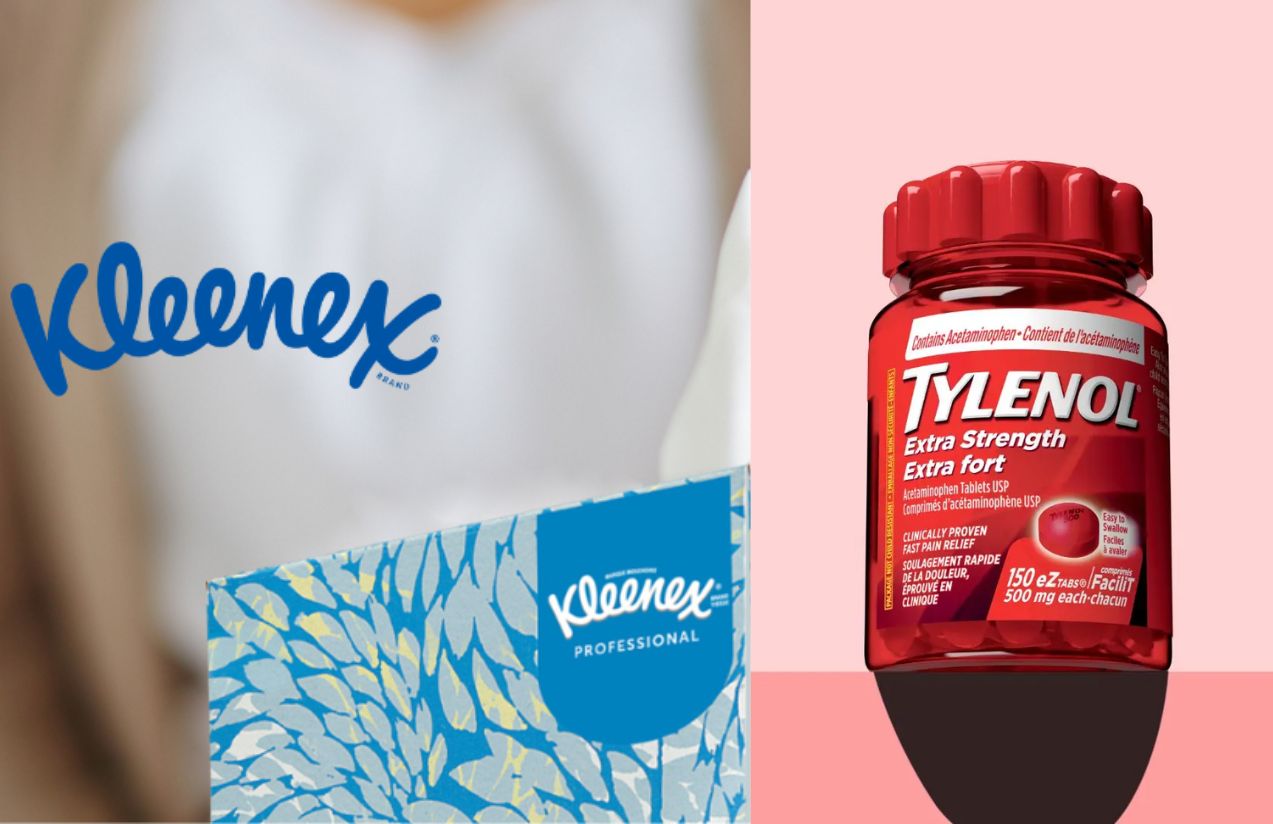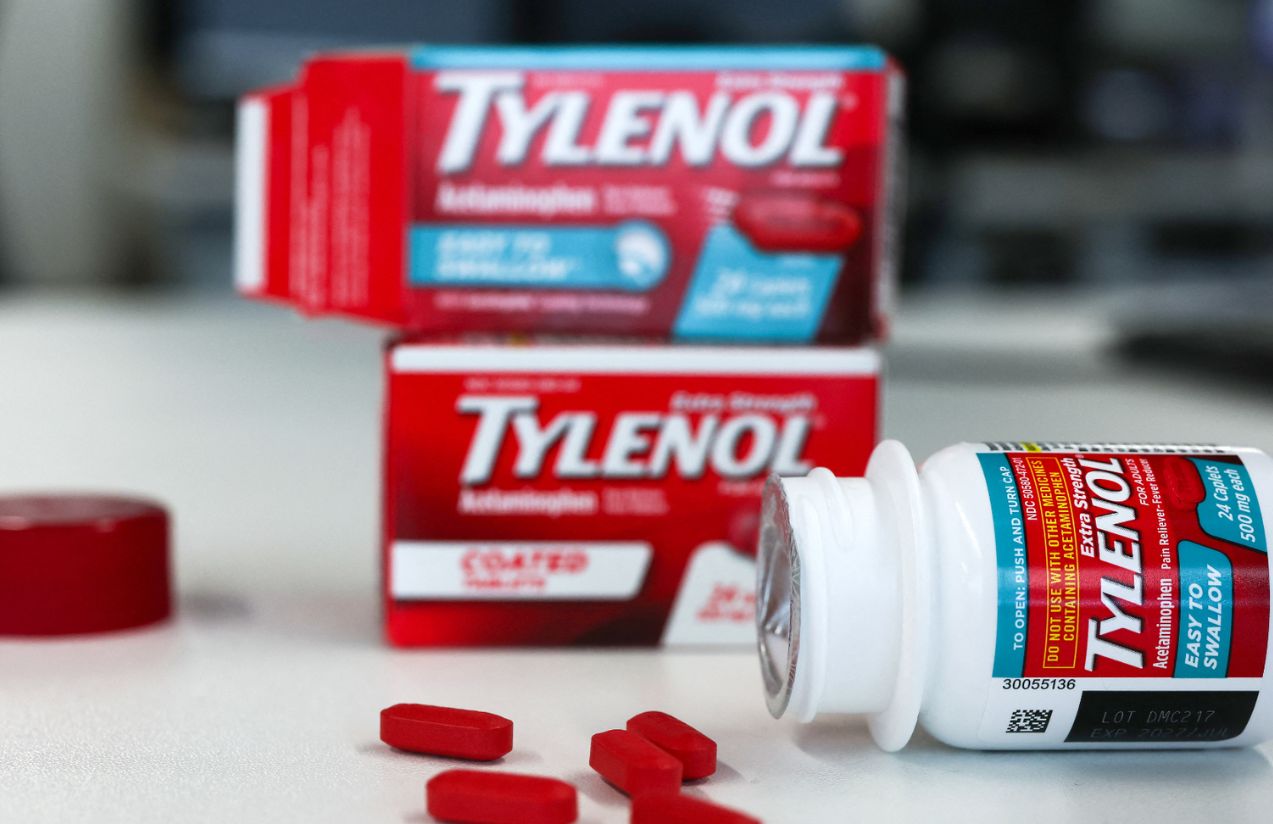Recently, the well-known American multinational Kimberly-Clark, famous for brands like Huggies and Kleenex, announced the purchase of Kenvue, the company behind Tylenol, Listerine, Neutrogena, and other major consumer brands, for approximately €34.72 billion (nearly $40 billion).
The deal, which combines cash and stock, will create a global consumer goods powerhouse, positioning Kimberly-Clark as the second-largest manufacturer in its sector, just behind Procter & Gamble.
Read More

While this merger represents a bold strategic move into the consumer healthcare market, it also comes with risks. Kenvue faces challenges such as a decline in stock value, ongoing lawsuits over cosmetic products, and controversies linked to Tylenol.
What does this acquisition mean for the market and consumers?
It means that a single company will now control a vast portfolio of everyday products, potentially influencing prices, innovation, and availability. At the same time, it raises important regulatory and antitrust concerns as consumer giants continue to consolidate.
This multi-billion-euro acquisition is expected to be finalized in the second half of 2026, and analysts already predict it could mark a turning point in the global consumer goods industry.





















